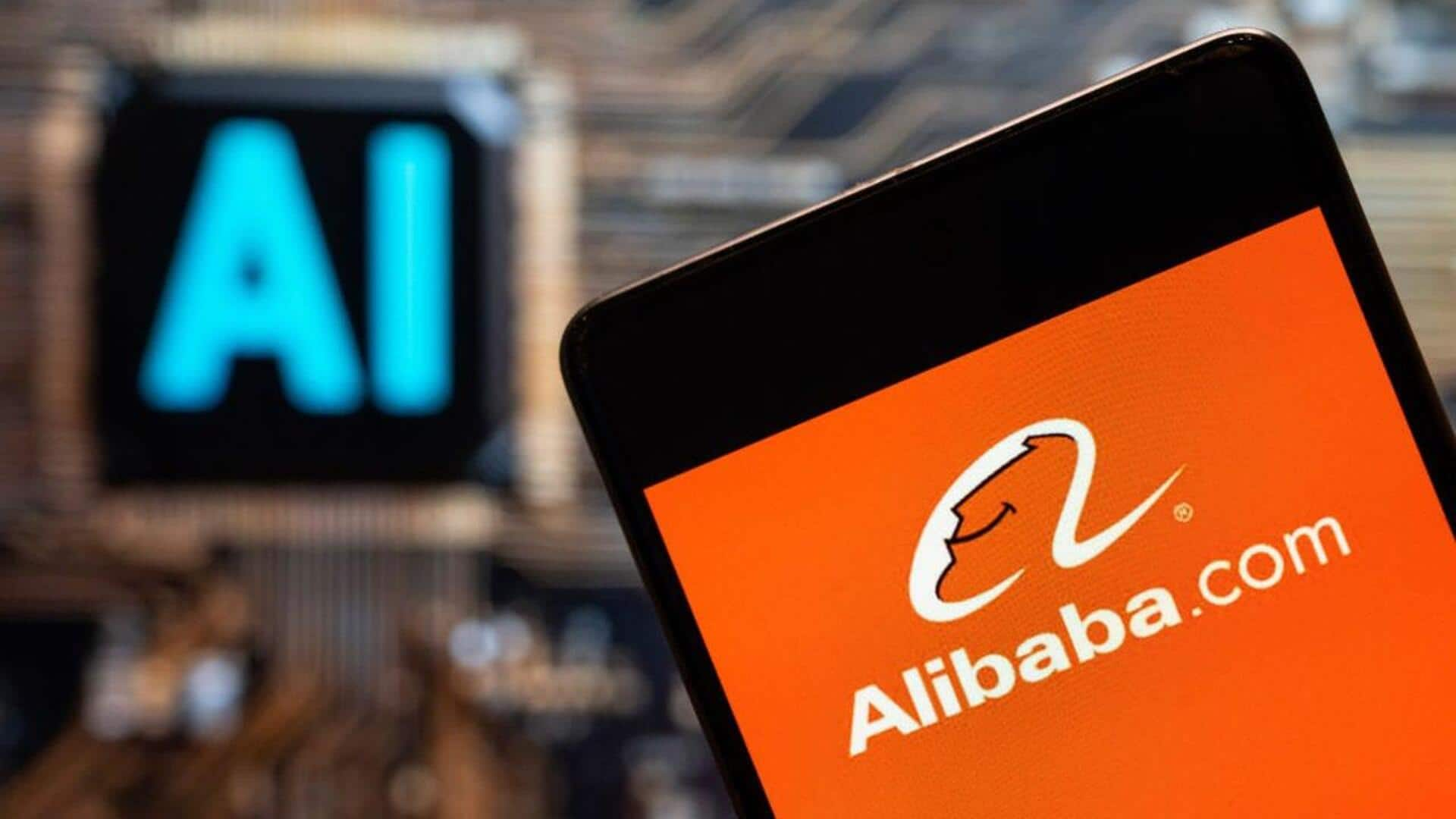
Alibaba's AI models gaining traction among Chinese corporate clients
What's the story
Alibaba Group claims that its self-developed large language model (LLM) series, known as Tongyi Qianwen or Qwen, is now being utilized by more than 90,000 corporate clients in China. This widespread adoption highlights Alibaba's presence in the generative artificial intelligence (AI) services sector. Zhou Jingren, technology chief at Alibaba Cloud, revealed at a recent company event in Beijing that Qwen has found applications across diverse industries such as consumer electronics, automobiles, and online gaming.
Broad reach
Qwen's impact across industries and user base
Zhou emphasized the versatility of Qwen, stating it "is truly embraced by our enterprise customers and we have seen so many creative applications of the models from across the industries." Beyond corporate clients, over 2.2 million users now have access to Qwen-driven AI services through DingTalk, Alibaba's office collaboration platform. This broad reach underscores Alibaba's competitive stance in the rapidly evolving field of generative AI services.
Information
Competing with rival AI services
There's a ongoing trend among Chinese tech giants to develop and promote services similar to AI tools such as OpenAI's ChatGPT and Sora. Alibaba's launch of Qwen came shortly after rival Baidu introduced its Ernie Bot, currently used by 85,000 corporate clients.
AI integration
Applications of Qwen in various industries
Chinese smartphone giant Xiaomi has integrated Qwen's question-and-answer feature into its smart assistant Xiao Ai, which is used across Xiaomi's handsets and its new SU7 electric vehicle. Additionally, Qwen supports new features in Xiaomi's latest smartphone models like analyzing images of food and generating corresponding recipes. Other major clients using Qwen include Beijing-based video game creator Perfect World Games, further demonstrating the model's wide-ranging applications.
AI advancements
Alibaba unveils the updated version
Alibaba recently introduced an updated version of its LLM, Tongyi Qianwen 2.5, which the company claims performs better in several Chinese capabilities than GPT-4, OpenAI's most advanced model to date. Alongside this, Alibaba also introduced open-source models of various sizes, including the Qwen1.5-110B. Trained with 110 billion parameters, Qwen1.5-110B is one of the largest Chinese open-source models and indicates more complexity compared to other mainstream Chinese models trained with 7 billion to 14 billion parameters.